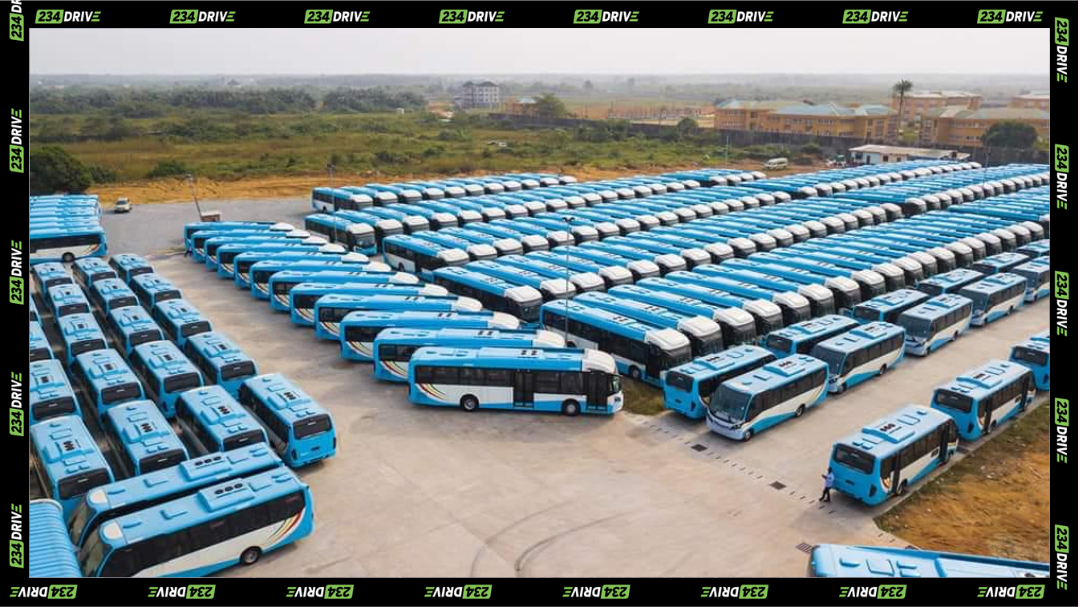Last week , At Consumer CES 2025, the mobility industry took center stage, unveiling innovations that redefine how people and goods move. These developments hold immense promise for regions and emerging markets like Africa, the Middle East and the rest of the world, where mobility plays a critical role in economic growth and daily life.
What is CES?
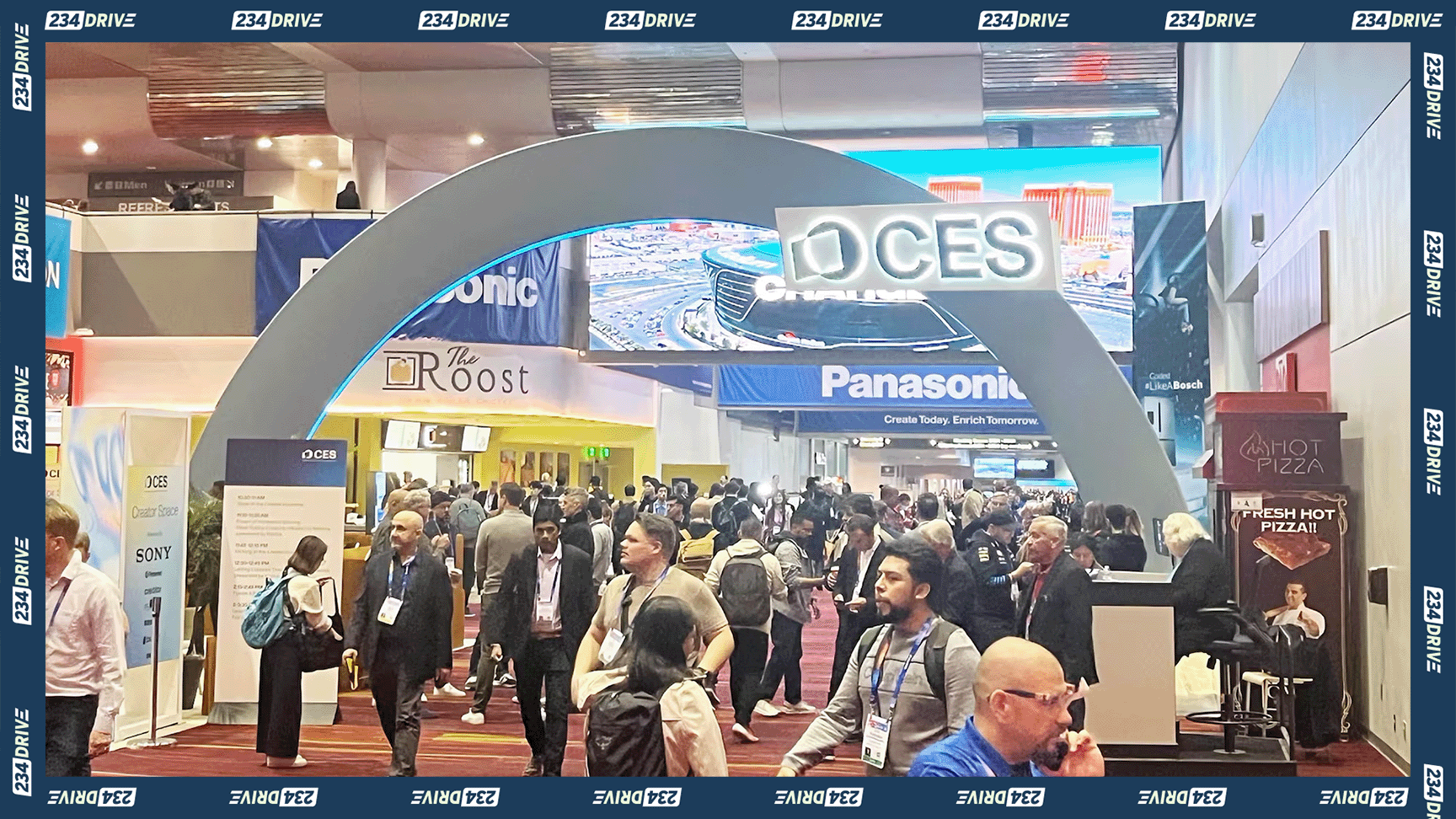
The Consumer Electronics Show (CES) is one of the largest and most influential technology trade shows in the world. Held annually in Las Vegas, Nevada, CES serves as a global stage where innovators and industry leaders showcase groundbreaking advancements across various sectors, including automotive, artificial intelligence, consumer electronics, and more. Spanning multiple venues across the city, CES features keynote speeches, product launches, and hands-on exhibitions, attracting attendees from over 150 countries. This year’s edition was a hotspot for unveiling the future of mobility, with a focus on sustainability, autonomous technologies, and AI-driven solutions.
Here are the top highlights:
1. Sony and Honda’s Afeela 1: A Luxury EV Experience
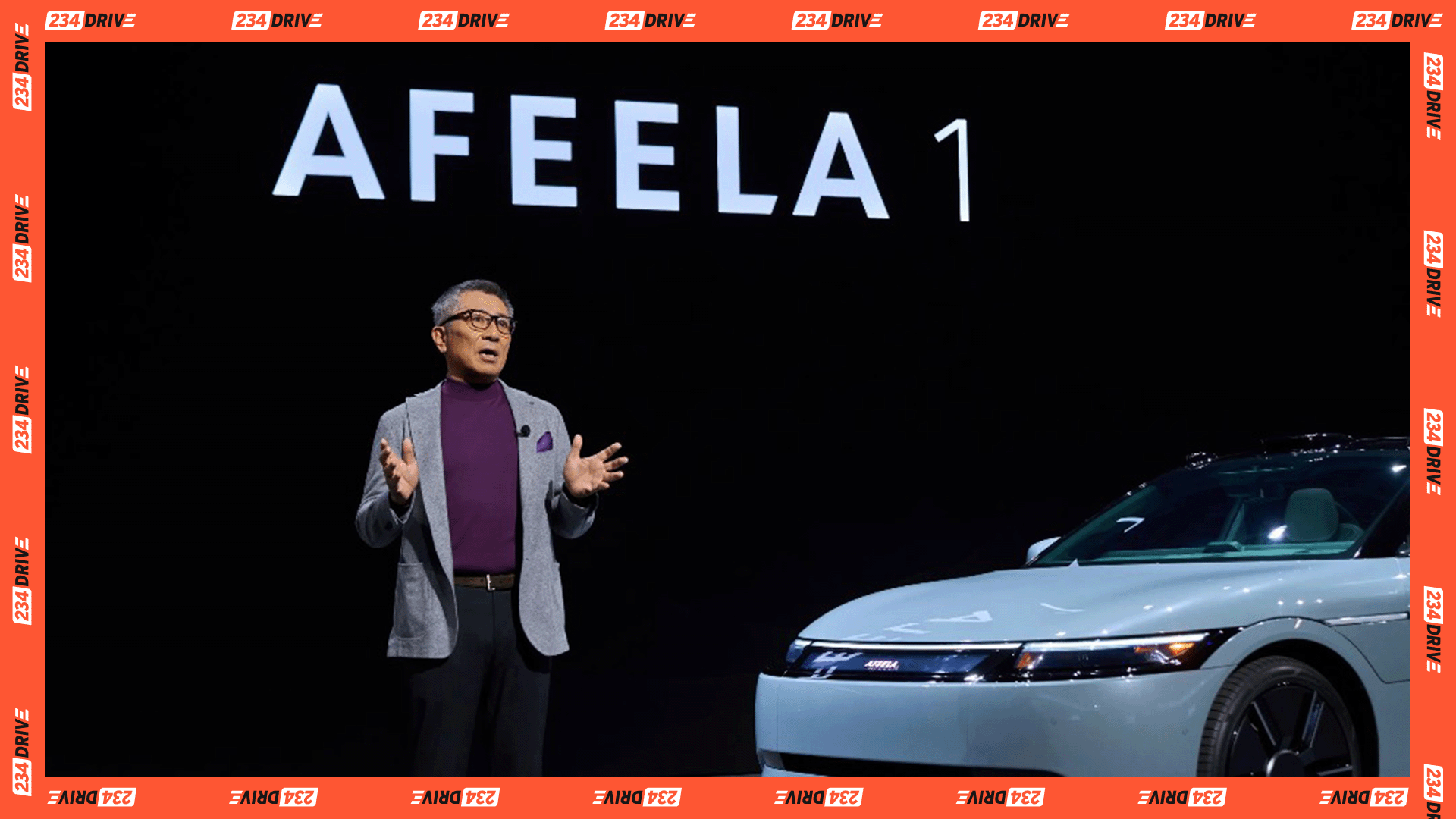
What happens when a global car maker and a global sound giant (both from Japan) come together? You get the Afeela 1, an electric vehicle that blends cutting-edge technology with luxury. Designed to be a ‘living room on wheels,’ the Afeela 1 features a minimalist design, autonomous driving capabilities, and a range exceeding 300 miles (482 km). Inside, passengers can enjoy panoramic screens and Sony’s entertainment systems. Pre-orders are open in California, starting at $89,900 (N139 million), with deliveries expected in 2026. This car represents the future of premium, connected driving experiences.
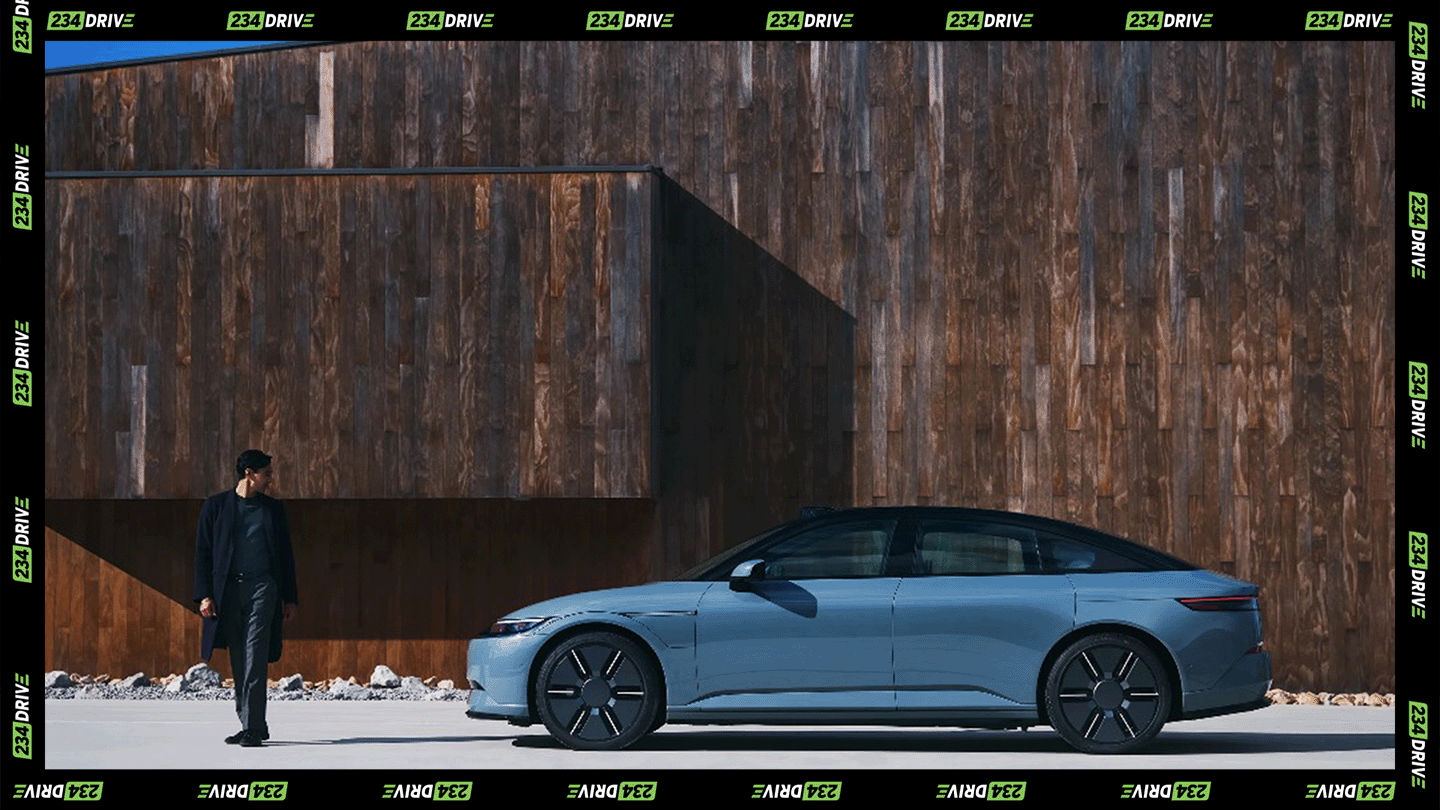
2. Honda’s AI-Powered 0 Series
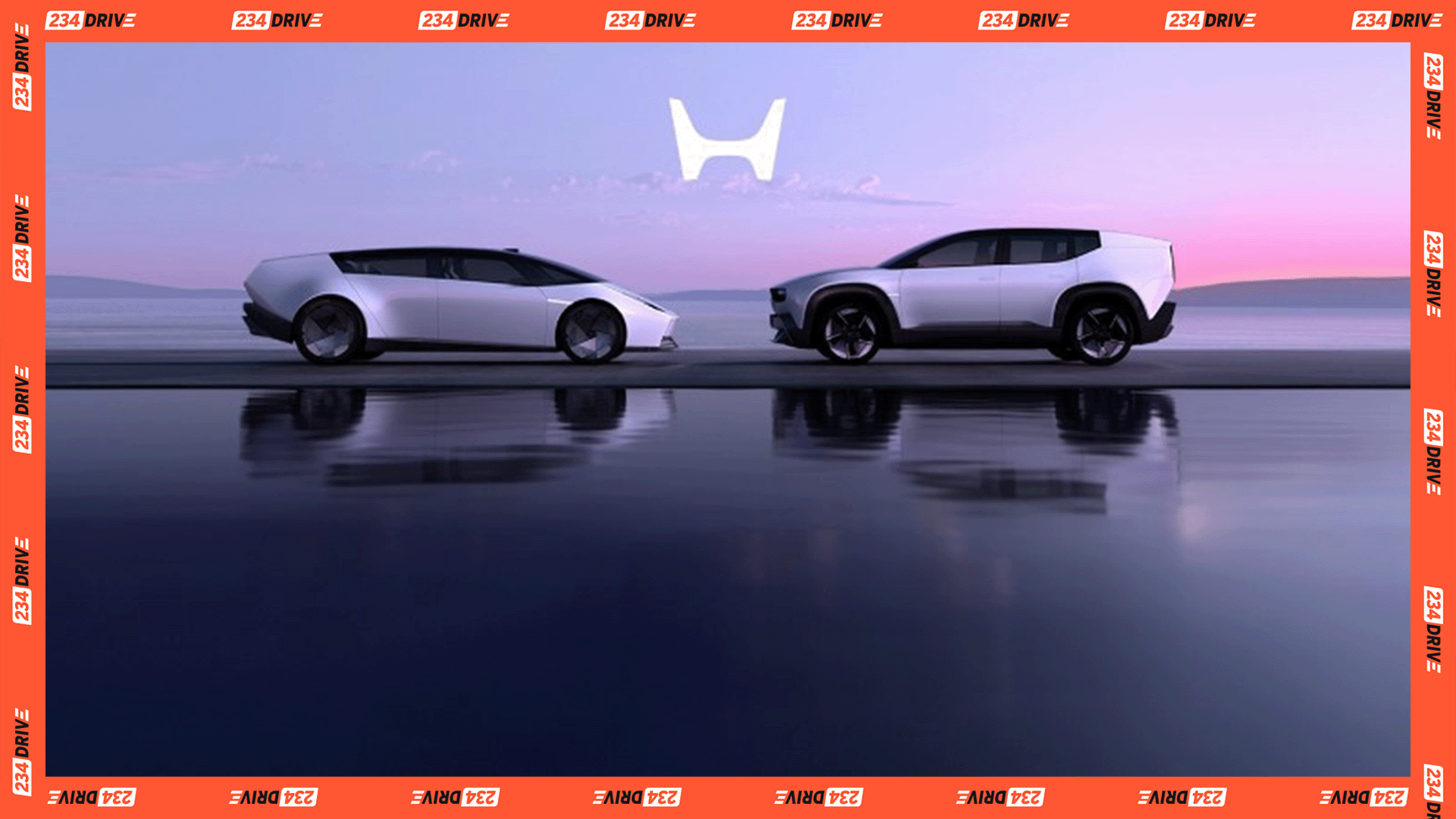
Still on Honda, it announced its 0 Series, featuring the 0 Saloon and 0 SUV. The automaker also introduced personalised driving through its new Asimo OS. Named after Honda’s iconic robot, Asimo OS offers a human-centric experience, including a talking robot feature that builds relationships with drivers. Set to launch in 2026, this innovation highlights the growing role of AI in enhancing driving personalisation and safety.
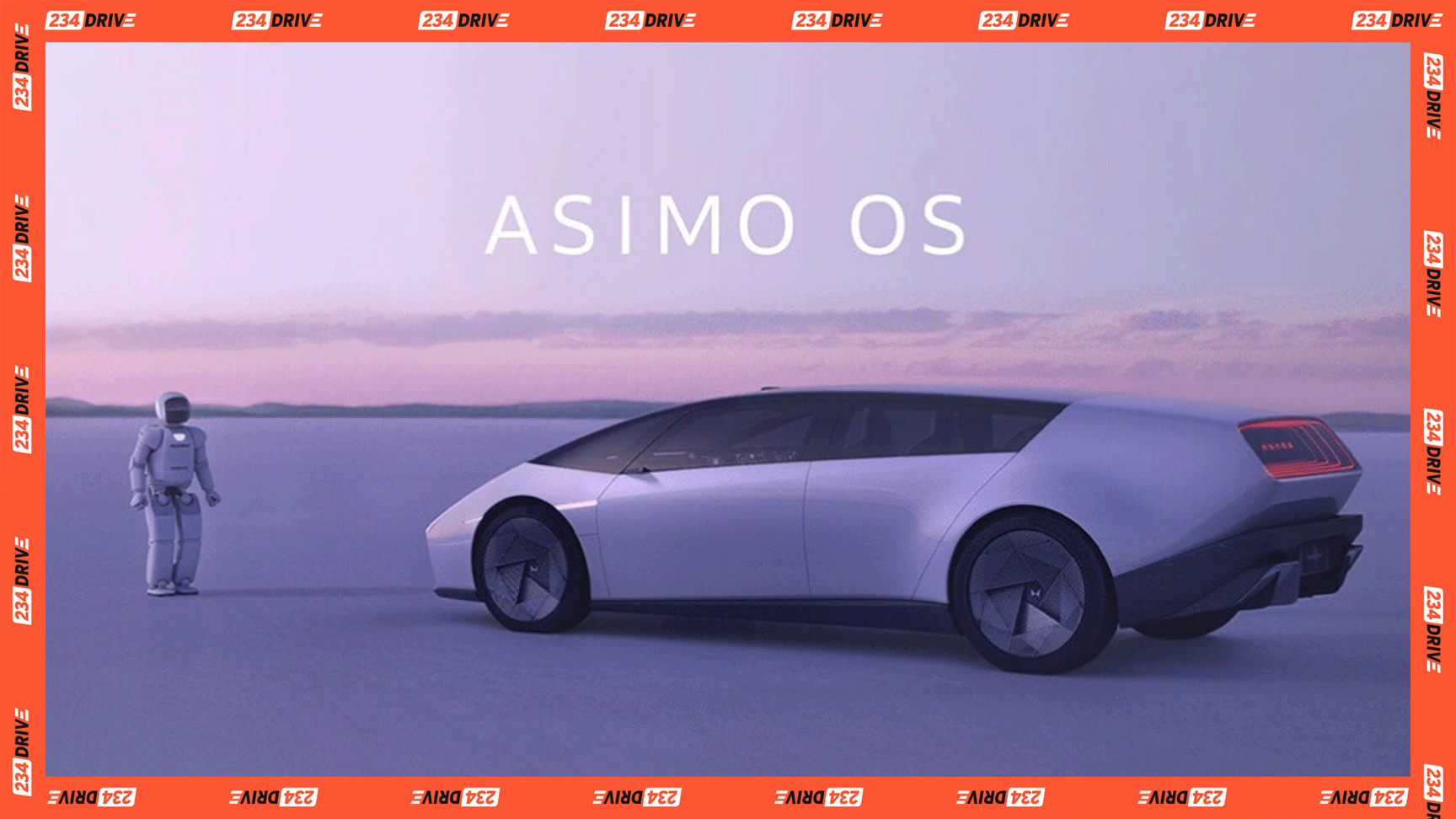
3. Aptera’s Solar-Powered EV: A Game Changer for Sustainability

Aptera Motors announced its three-wheeled, solar-powered EV, capable of generating up to 40 miles of range per day using solar energy. Priced at $40,000, the vehicle boasts 400 miles of range on a single charge and has already garnered 50,000 pre-orders globally. For sun-rich regions like Africa, this innovation could provide a sustainable and affordable mobility solution.

4. Toyota’s Leap into Space Exploration
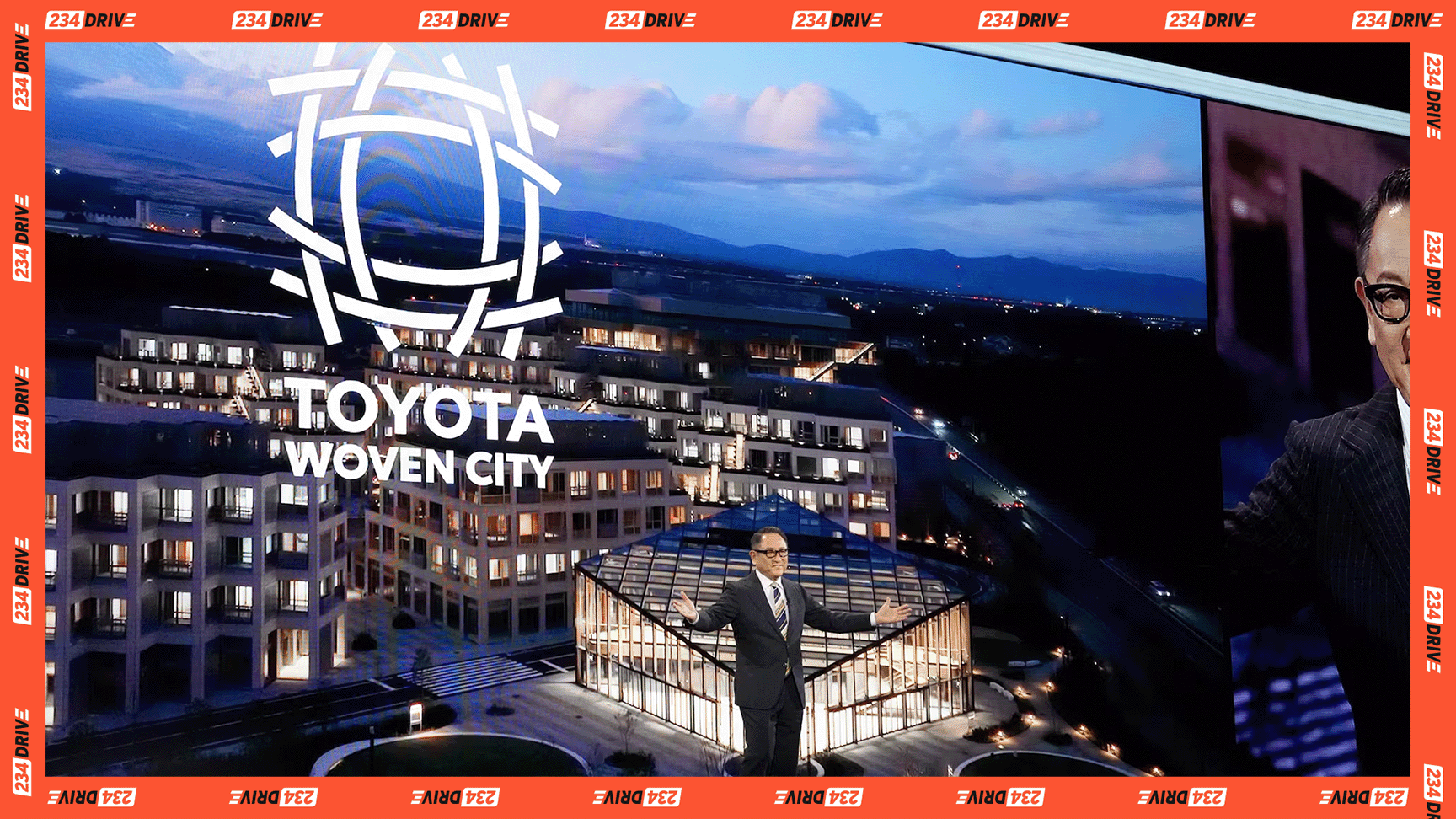
Toyota revealed its entry into the space industry by investing $44.4 million in Interstellar Technologies, a Japanese spaceflight company. Leveraging its mass-production expertise, Toyota hopes to advance small satellite launches, signaling diversification beyond traditional automotive manufacturing. This bold move could position Toyota as a leader in both mobility and space exploration.
5.Uber and Delta Airlines: Seamless Travel Experiences

Source: Uber
At CES 2025, Uber and Delta Airlines—both American enterprises—announced an innovative partnership aimed at enhancing the travel experience for passengers. The partnership integrates Uber’s mobility platform with Delta’s flight booking system, offering passengers seamless connections between air travel and ground transportation. Travelers will be able to book rides directly from Delta’s app, enjoy exclusive discounts on airport transfers, and access priority pickup zones at airports. This collaboration is expected to reduce the stress of travel, making it more efficient and convenient.
6. Software-Defined Vehicles (SDVs): The Future of Cars
CES 2025 emphasized Software-Defined Vehicles (SDVs), with automakers like BMW and Sony showcasing AI-driven vehicles. These cars are designed to evolve through software updates, ensuring long-term adaptability and smarter functionality.
7. May Mobility’s Autonomous Electric Minibus

Autonomous vehicle startup May Mobility partnered with Tecnobus to unveil an electric, autonomous minibus. This innovation promises to improve urban mobility and reduce congestion, making it a potential solution for cities like Lagos and Nairobi struggling with heavy traffic.
8. LG’s AI Home Meets Mobility
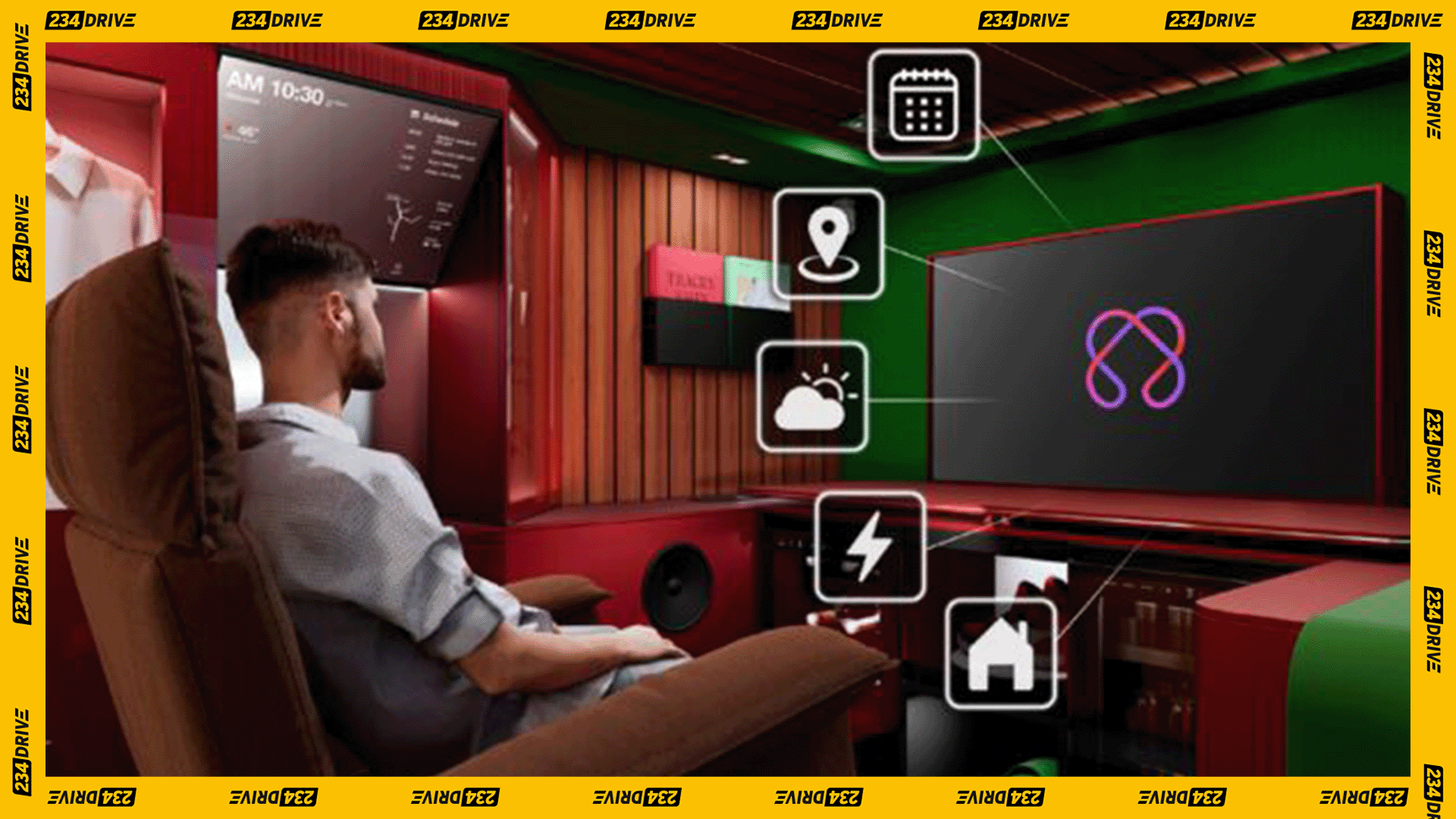
LG introduced its Mobility Experience (MX) platform, which integrates smart home technologies with mobility. This concept creates seamless connections between vehicles and the home, allowing users to experience a new level of comfort and efficiency.
Why CES 2025 Matters for Nigeria and Africa
The mobility innovations unveiled at CES 2025 have far-reaching implications for Africa:
• Electric Vehicles (EVs): Models like the Afeela 1 and Aptera’s solar-powered EV offer sustainable options that can leverage Africa’s abundant solar radiation.
• Autonomous Public Transport: Solutions like May Mobility’s autonomous minibus could alleviate urban congestion in cities like Lagos and Johannesburg.
• AI Integration: Software-defined vehicles and AI-powered systems could revolutionise vehicle ownership, offering smarter, safer experiences.
As Africa’s mobility landscape evolves, CES highlights solutions that can address the continent’s unique challenges, including congestion, affordability, and sustainability. Adopting these technologies could leapfrog traditional development, bringing cutting-edge mobility to a region ready for innovation.
Conclusion
CES 2025 has proven to be a showcase of bold, transformative ideas, with the potential to reshape mobility worldwide. For Africa, these innovations represent an opportunity to build a smarter, more sustainable transportation ecosystem. As the mobility revolution unfolds, staying informed and adaptive will be key to harnessing these global advancements for local impact.








